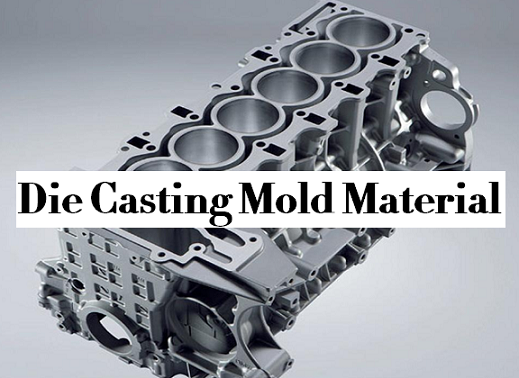Alcast Company Things To Know Before You Get This
The Ultimate Guide To Alcast Company
Table of ContentsThe 6-Second Trick For Alcast CompanyThe 10-Minute Rule for Alcast CompanyNot known Facts About Alcast CompanyThe Best Strategy To Use For Alcast CompanyThe Only Guide to Alcast CompanyFascination About Alcast Company
Chemical Contrast of Cast Aluminum Alloys Silicon promotes castability by minimizing the alloy's melting temperature level and enhancing fluidity throughout spreading. In addition, silicon contributes to the alloy's strength and wear resistance, making it important in applications where longevity is critical, such as automotive components and engine parts.It additionally boosts the machinability of the alloy, making it easier to refine into finished items. In this means, iron adds to the overall workability of light weight aluminum alloys. Copper raises electric conductivity, making it useful in electric applications. It likewise improves corrosion resistance and includes in the alloy's overall strength.
Manganese contributes to the toughness of aluminum alloys and boosts workability. Magnesium is a lightweight element that provides stamina and effect resistance to light weight aluminum alloys.
An Unbiased View of Alcast Company
Zinc boosts the castability of aluminum alloys and helps manage the solidification procedure throughout spreading. It enhances the alloy's stamina and hardness.

The main thermal conductivity, tensile toughness, return stamina, and prolongation vary. Select appropriate resources according to the performance of the target item produced. Amongst the above alloys, A356 has the greatest thermal conductivity, and A380 and ADC12 have the most affordable. The tensile limitation is the contrary. A360 has the ideal return toughness and the highest possible prolongation rate.
Our Alcast Company Diaries

In accuracy spreading, 6063 is appropriate for applications where intricate geometries and top notch surface coatings are critical. Instances include telecommunication units, where the alloy's remarkable formability enables smooth and aesthetically pleasing styles while keeping structural honesty. In the Lights Solutions sector, precision-cast 6063 components produce sophisticated and reliable lighting fixtures that need complex forms and good thermal performance.
The A360 exhibits remarkable elongation, making it optimal for complicated and thin-walled elements. In precision casting applications, A360 is well-suited for sectors such as Customer Electronic Devices, Telecommunication, and Power Devices.
The Ultimate Guide To Alcast Company
Its special residential properties make A360 a valuable selection for accuracy casting in these markets, improving item sturdiness and top quality. aluminum metal casting. Aluminum alloy 380, or A380, is a commonly utilized spreading alloy with numerous distinctive features.
In accuracy casting, light weight aluminum 413 beams in the Customer Electronic Devices and Power Equipment sectors. This alloy's remarkable deterioration resistance makes it an excellent choice for outside applications, ensuring durable, sturdy items in the stated industries.
The Best Guide To Alcast Company
The light weight aluminum alloy you pick will significantly affect both the casting process and the residential or commercial properties of the final item. Due to the fact that of this, you must make your decision carefully and take an enlightened strategy.
Determining the most appropriate aluminum alloy for your application will mean evaluating a large selection of features. These comparative alloy qualities comply with the North American Pass Away Casting Association's standards, and we have actually divided them into two categories. The first group addresses alloy characteristics that affect the production procedure. The second covers features influencing the buildings of the end product.
What Does Alcast Company Do?
The alloy you choose for die spreading directly impacts several elements of the casting procedure, like how easy the alloy is to deal with and if it is Check Out Your URL prone to casting issues. Hot breaking, additionally recognized as solidification cracking, is a common die spreading flaw for light weight aluminum alloys that can lead to inner or surface-level splits or cracks.
Particular aluminum alloys are more at risk to warm breaking than others, and your option must consider this. It can harm both the cast and the die, so you must look for alloys with high anti-soldering buildings.
Rust resistance, which is currently a notable feature of aluminum, can differ substantially from alloy to alloy and is a crucial particular to think about depending on the environmental conditions your product will be revealed to (Aluminum Casting). Use resistance is an additional property generally looked for in light weight aluminum products and can set apart some alloys